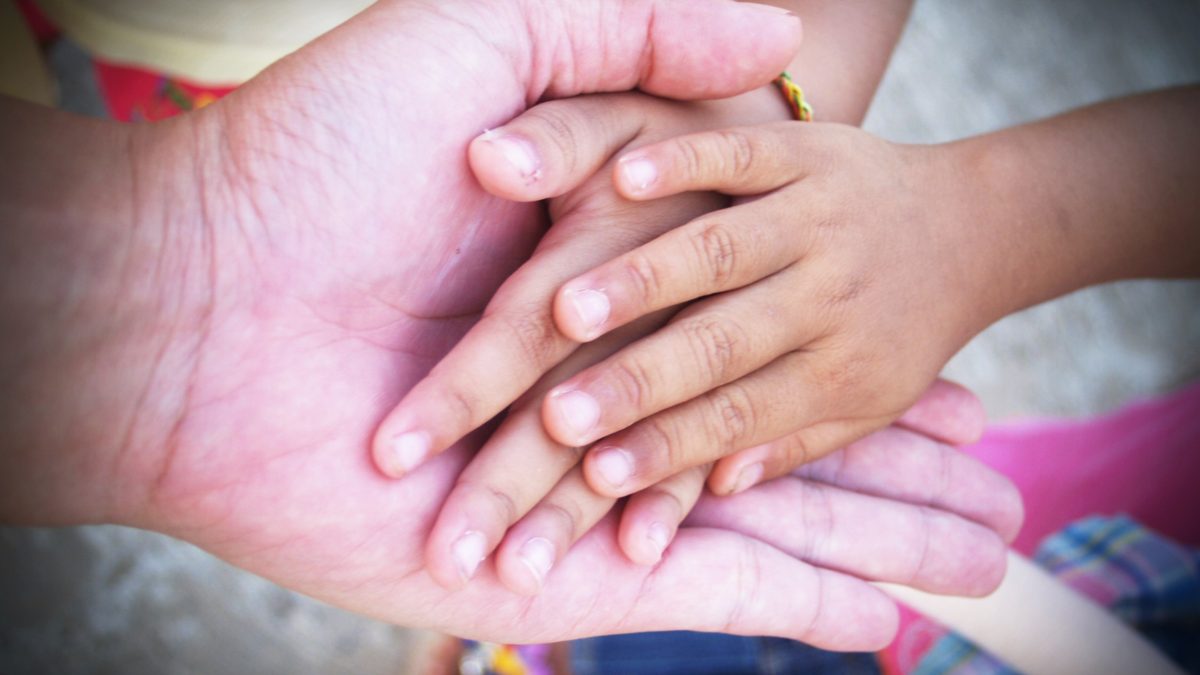Smacking

Guidance and discipline forms a part of supporting and addressing child’s behaviour as they grow and develop.
Depending on parenting style or the adult role with children will influence the guidance provided.
Our role as adults is to provide the foundation for learning acceptable ways to deal with frustrations, appropriate behaviours, etc.
Not all behvaviour management options are relevant. Some are controversial.
Smacking is a controversial method of behaviour management.
Does smacking a child have a place in the role of behaviour guidance and discipline?
Experts say there is no need to smack using good guidance techniques.
Having said that it still remains quite a divided method of behaviour management. Some parents disagree with the experts in considering it is OK to smack a child.
Smacking affects a child’s well being and impacts their development of trust.
It doesn’t teach a child how to deal with frustration or how to understand the reason behind or address the behaviour.
It does not provide the child the tools to learn, cope or build according to their developmental stage.
Why smacking is an ineffective behaviour management style
Many a study has been conducted in relation to the effects of smacking.
Some studies focus on the long term effects, others focus on the behavioural outcomes and other studies try to disperse the myths surrounding previous studies.
Most studies conclude there is not a link between smacking and an effective behaviour management strategy.
Most studies conclude that smacking children has a long-term effect on their cognitive abilities and can actually cause behavioural problems rather than the intended stopping of behavioural problems.
Time has shown that smacking is not an effective technique in the long run.
A child who is smacked will be less likely to concentrate or focus on completing tasks; they will be less likely to be able to control their emotions- such as regulate them and display appropriate behaviours.
This is evidenced via a comparison with those of their peers who were not smacked but rather given a acceptable verbal talking to or even the other controversial behaviour management technique of time out.
Additionally, there is the concern that smacking, may have the potential to without intention lose control, and hurt a child.
While most parents who smack are said to use it as a last resort this is still considered unnecessary by experts given there are alternatives that facilitate a more positive, effective long term outcome..
Smacking is not considered a good practice.
Strategies for alleviating smacking in behaviour management
- Have a realistic routine.
- Have established limits and guidelines and be consistent.
- Have realistic, age appropriate expectations.
- Be consistent.
- Be fair and take into account the child’s developmental stage.
- Spend time with them. Generally is a child’s behaviour is less undesirable they will be more receptive to guidance if you have spent quality time with them and have a good connection.
- Pause. If you take the time to remove yourself to ensure you can remain calm before addressing the behaviour generally results in a better response from the child.
- Assert yourself rather than command or demand- speak to them rather than yell at them.
- Give them choices. Explain what their choices are, what happens if the still continue to do what you are asking them no to- i.e.: playing with their food- they can leave the table or eat properly now. If they choose to leave the table they can come back when they are ready to eat or if they don’t want to return then that meal is over.
- Talk to them. Keep them informed about what is expected or remind them about what will happen.






